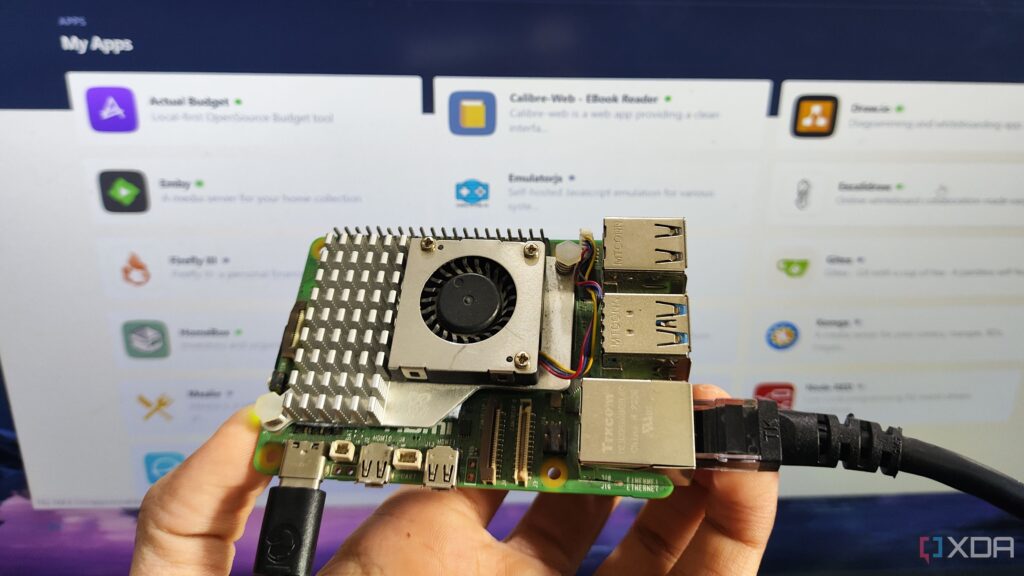
URGENT UPDATE: A new wave of self-hosting solutions is transforming how users manage their digital services, proving that you don’t need an elaborate home lab or expensive hardware to get started. This development is crucial for both casual users and privacy advocates seeking to escape costly third-party cloud services.
The self-hosting ecosystem, typically viewed as requiring top-tier equipment and advanced technical skills, is now more accessible than ever. Many users are discovering that even basic hardware can effectively run essential applications, significantly reducing costs while enhancing privacy.
According to expert insights, even outdated devices can be repurposed for self-hosting projects. For instance, a simple mini-PC or a Raspberry Pi can host numerous applications without the need for robust server setups. This shift is particularly relevant as the demand for privacy-centric computing solutions grows.
Details: Many beginners are unaware that self-hosting can be initiated with minimal investment. “You could start your server journey with a cheap mini-PC and a router,” said a self-hosting enthusiast. They emphasized that most users can run local tools without needing powerful hardware or extensive technical know-how.
Container technology is at the forefront of this transformation. Unlike traditional virtual machines that require significant resources, containers operate more efficiently, sharing the underlying operating system’s kernel. This means users can host applications on devices as modest as the Raspberry Pi 5, which excels in running lightweight container platforms.
In practice, platforms like Docker and Podman allow users to deploy applications seamlessly on low-power hardware. Many self-hosting solutions also come with user-friendly interfaces, making them approachable for newcomers. Tools such as CasaOS, Runtipi, and Cosmos can be installed with a single terminal command, drastically lowering the barrier to entry.
What’s Next: As more users adopt these tools, the potential for expansion is vast. While many start with basic setups, the self-hosting community could soon see a surge in upgrades and new projects, as users become more comfortable with their skills. This trend is likely to encourage a shift towards more robust and versatile home labs in the future.
The implications of this self-hosting movement are profound. By enabling more individuals to manage their own data and services, it empowers users to take control of their digital lives, opening up new opportunities for innovation and creativity in personal computing.
As this self-hosting phenomenon develops, it’s important to stay informed about the latest tools and techniques. The community is rapidly evolving, and those who jump on board now could find themselves at the forefront of a computing revolution.
Stay tuned for further updates on this exciting landscape as it continues to unfold. Share this article to spread the word about the self-hosting revolution!







